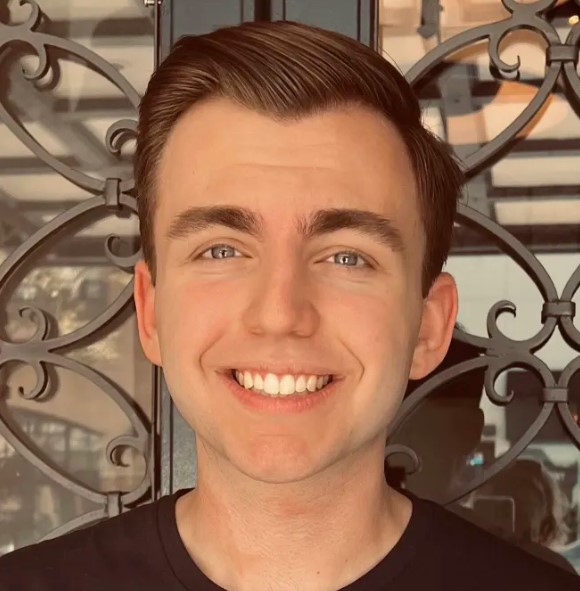Why I Would Not Change Being Neurodiverse
- Maxwell Palance

- Oct 16, 2025
- 3 min read
Updated: Oct 17, 2025

There was a time when I struggled to understand why the world felt so overwhelming. The lights were too bright, the noise too sharp, the conversations too fast. I saw patterns where others saw randomness, I focused where others drifted, and I felt deeply, sometimes too deeply for my own comfort.
I knew I was different but didn’t always know what that difference meant. I used to think my differences were obstacles, barriers that separated me from others. I knew I processed things intensely, every detail of a situation embedded itself into my mind, every word held weight, and every shift in the environment could send ripples through my thoughts. But I also knew that not everyone saw the world this way, and for a long time, I wondered if that meant I was wrong somehow or if I needed to change.
But the more I learned about myself, the more I realized that autism was not something to be “overcome,” it was an integral part of who I am. My persistence, ability to focus intensely, and dedication to things I care about all come from my Neurodivergence. I did not need to change to fit the world; instead, the world needed to recognize the value of diverse ways of thinking.
Dr. Lawrence Fung, the director of the Stanford Neurodiversity Project (SNP), in a live Autism@Work Keynote Presentation, articulated something that had already taken root in my mind but I had not been able to put into words myself:
"Depending on the context, someone who has autism can show the behavior as perseverance, but depending on the context, it can be looked at as persistence. So, someone who never gives up and solves the problem for you. They are oftentimes having problems with seeing the big picture, but when the solution lies in the details...they are the right people to solve the problem for you. They, a lot of the time, have few interests, but because of that, they really get to such depth that no one else would care about and sometimes they may have problem with perspective-taking, but they are also because of the same characteristic, concrete and honest. Social interactions are really not their strong suit, but they are extremely loyal...So basically, if we are able to put the people with autism in the right place, for the right reasons, their characteristics are actually strengths and not challenges.”
I knew this already because I lived it. I had felt the way my mind latched onto ideas, dissecting problems until they unraveled before me. I had seen how my intense focus allowed me to understand systems and structures with a depth others often overlooked. I had experienced the challenge of social nuance, but I had also learned that while I may not always read between the lines, I approach my relationships with honesty and sincerity, cherishing my few but deeply meaningful friendships with unwavering loyalty.
There are moments when the world still feels challenging to navigate. Moments when my brain moves faster than my ability to translate thoughts into words, when I struggle to shift gears between tasks, and when I feel the exhaustion of existing in a space not designed for the way I think. But these challenges do not diminish the pride I have in who I am.
If I were given the choice to turn off my autism, to suddenly experience the world as a neurotypical person, I wouldn’t take it. Because to do so would mean losing the very essence of how I understand, create, and connect. It would mean losing the way my mind can hold onto information and synthesize it in unexpected ways. It would mean losing the drive that pushes me to solve problems not just for myself but for others like me.
I do not wish to change being autistic.
Because Neurodiversity is not something to be fixed, it is something to be understood.
And as I continue forward, I choose to celebrate. Happy Neurodiversity celebration week to all!








